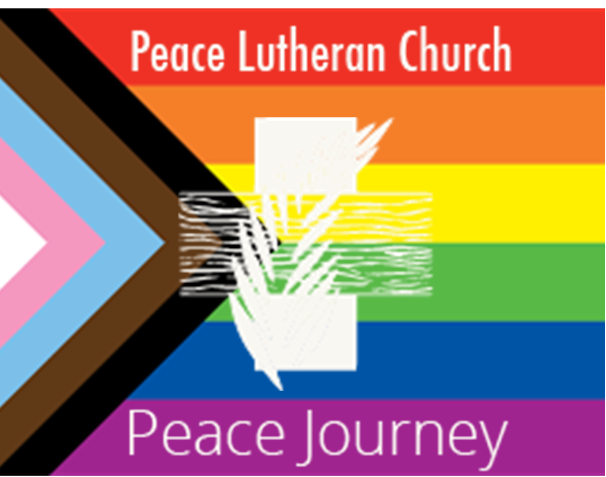The text of the Abba/Imma Prayer (Jesus’ Prayer)
with commentary by Pr. Steve
Abba/Imma in Heaven: To address God in personal terms is a radical innovation by Jesus. The Holy/Numinous is commonly understood as the Majestic and Awe-inspiring yet distant One. By bringing God close with a familiar name, Jesus acknowledges that Divinity walks among us. The intimacy of “Abba/Imma” is striking, disturbing and profound. It affirms that we come from God and we belong to God. By identifying God as “Abba/Papa” or “Imma/Mama”, Jesus encourages us to trust the compassionate God who embraces our concerns with understanding, care and healing.
Imma as the feminine form communicates God’s going beyond our gender categories. God has neither masculine gender nor patriarchal bias. To cling to an image of God that is exclusive imposes human limitations on God. Acknowledging that masculine and feminine energies, potentials, and capacities deserve equal attention in any conception we might sustain about God keeps us from diminishing God by half in our awareness.
Holy be your Name: In Judaism the name of God cannot be spoken because no name can capture or express the Divine. Without names or use of images Jesus and Judaism seek to honor the Presence and maintain the Mystery by encouraging us to attune ourselves through prayer and stillness as we listen to and become aware of who and how the Holy One is among us. “Holy be your Name” also conveys: Let your Name permeate the whole of Reality since You are Reality.
Your reign come: “Basileia” in Greek means “reign” but was translated into English as ‘kingdom.” The latter denotes place, and we got stuck thinking that heaven is some other place rather than a relationship designed to nurture life.
Your yearning be done on earth as it is in heaven: The translation of “will” in English is far too narrow and restrictive. “Will” implies compliance, obedience and moral perfection. But “yearning,” which is true to the Aramaic, conveys God’s longing, ache, and compassionate desire for the best for us. This was the message especially of the Hebrew Prophets: that God is not remote and indifferent to our plight but God is in anguish over our suffering (personal, existential, relational and resulting from injustice).
Give us this day the bread we need: At the heart of the prayer is the awareness that we are creatures who live in need of food, shelter, emotional stability and community. Daily realities are not dismissed as insignificant. “Daily bread” can imply a kind of passivity, as in being handed rations. “The bread we need” is truer to the spirit of the plea. We acknowledge our creature needs and our reliance on the Divine to work through nature and human endeavors toward our fulfillment.
Forgive us our debts as we forgive our debtors: This is the original translation/intent. In Jesus’ day the prisons were filled with debtors—the poor—and this is a prayer for release and justice. It too is a petition that goes “against the grain” by standing up for the impoverished. Late, “forgive us our sins: became an expanded understanding of the many ways and dimensions in which we hurt and negate each other. If the word “sins” or “debts: doesn’t fit with the spirit of your prayer, the word “wrongs” may be substituted.
Guide us through life’s trials: This is the best translation because nobody escapes the Trial of Life. It is asking for the strength, courage, and steadfastness to continue without being broken by life. It is a prayer that prays for resistance to resignation and cynicism.
Shelter us all from evil: Evil does not have a separate existence; it works by corrupting our best efforts. There are dimensions of life which are hidden and elusive and that cannot be identified but which corrode us with horrific effect. Paul speaks of this as the “powers and principalities of this world”; Thomas Merton called it the “Unspeakable.” This petition asks for protection from negating/destructive/scapegoating powers which we do not see, recognize, or comprehend.
For the kinship, the power and the glory are yours forever: “Grace, wisdom and love” also communicates the true intent here. Again “kingdom,” as opposed to kinship or grace, misses the point. The gift of Grace or the New Creation through Christ generates community/kinship and vital energy. It reveals the Glory of God through the dignity and joy of Compassionate Community (or the fulfillment of the Jewish Covenant for Shalom). This was God’s desire for us from before the beginning of Creation, it is the blessing of the crucified and resurrecting Christ, and it is the work and pleasure of the free-moving Holy Spirit.
